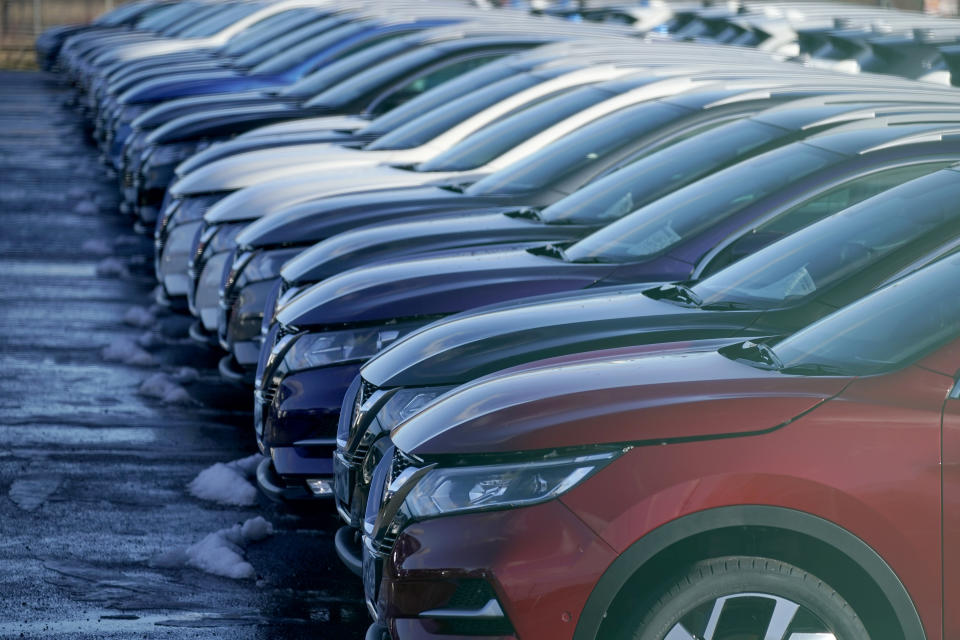Investment in UK car industry fell by 70% in first half of year

Investment in the UK car industry “effectively stopped” in the first half of 2019, with newly pledged investment plummeting by more than 70% since January, according to the Society of Motor Manufacturers and Traders (SMMT).
The SMMT pointed to global trade tensions and the ongoing fear of a no-deal Brexit.
“This fear is causing investment to stall, as hundreds of millions of pounds are diverted to Brexit cliff-edge mitigation — money that would be better spent tackling technological and environmental challenges,” said Mike Hawes, CEO of the SMMT, on Wednesday.
The SMMT also said that car production in the UK fell by more than 20% in the first half of 2019, with June seeing a plunge of 15% alone,
June was the 13th month of declines for the embattled car sector.
Just under 1.7 million cars rolled off production lines in the UK in the first six months of the year, a drop of more than 168,000 compared to the same period in 2018.
The SMMT pointed to “falling demand in key markets, including the UK”, which it said was “exacerbated by factory shutdowns pulled forward in anticipation of the March Brexit deadline.”
New car production dropped by almost half in April, with several carmakers planning factory shutdowns to coincide with 29 March, the date the UK was first meant to leave the EU.
The SMMT said on Wednesday that the sector had spent at least £330m on contingency planning for a no-deal Brexit.
READ MORE: Carmakers tell Boris: 'No-deal Brexit is simply not an option'
“Most major UK manufacturers have tied up working capital stockpiling materials and components, securing warehousing capacity and investing in new logistics solutions, additional insurance and training in new customs procedures,” it said.
It comes after the society on Friday warned prime minister Boris Johnson that “a no-deal Brexit is simply not an option”.
The number of cars built for export fell by 19.8% in June, and by 21% overall in the first half of the year.
The SMMT said that a softening of key overseas markets and global trade tensions were to blame, with exports to the US dipping almost 13% — and by a huge 53.1% to China.
The figures come from a sector mired in wider difficulties.
In June, Ford announced that it was closing its plant in Wales, leading to the loss of up to 1,700 jobs.
That followed similar announcements from Honda, which is closing its Swindon plant in 2021, and Nissan, which abandoned plans to manufacture its flagship X-Trail SUV vehicle at its Sunderland plant.
While experts have pointed to the impact of Brexit, Ford’s top executive in Europe insisted that its decision to close its Bridgend engine plant after more than four decades had nothing to do with it.
And though Jaguar Land Rover said in January that a substantial proportion of 4,500 worldwide job losses would come from its UK workforce, it said earlier in July that it was investing hundreds of millions of pounds in electric vehicle production at its Castle Bromwich plant in Birmingham.

 Yahoo Finance
Yahoo Finance 
